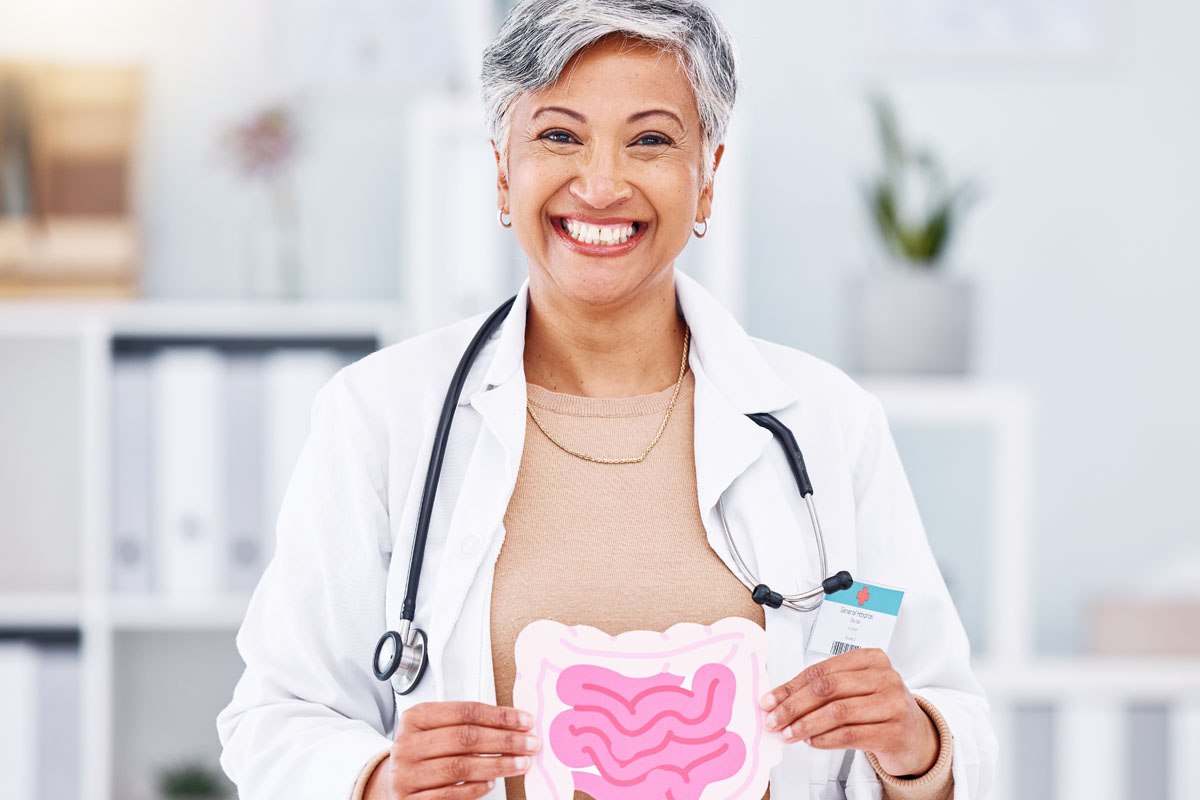
Your digestive system is a system of organs that helps you to digest and take in nutrients from the food you eat. It comprises of your gastrointestinal (GI) tract and your biliary pathway. Your GI tract is a sequence of hollow-like organs that are all connected to one another, leading from the mouth to the rectum. Your biliary system is a system of 3 organs that transmit bile and enzymes going from your GI tract to your bile ducts.
What Does My Digestive System Do?
Your digestive system is distinctively constructed to carry out its process of turning the food you in take into the energy and nutrients you need to live. And after it’s through with that, it conveniently bundles your solid waste, or stool, for discarding when you carry out a bowel movement.
Why Is Digestion Vital?
Digestion is vital since your body requires nutrition from the food you consume and the liquids you drink to stay healthy and function accordingly. Nutrients include proteins, carbohydrates, vitamins, fats, minerals and H2O. Your digestive system breaks up and ingests nutrients from the food and liquids you take in to use for important things such as energy, growth and the repairing of your cells.
How Can I Keep My Digestive System Healthy?
If you have a medical ailment, ask your health care professional what you should do and eat to remain healthy and control your condition. Generally, the below are ways to keep your digestive system healthy:
- Drink water frequently: Water aids the food you eat to flow more freely through your digestive system. Lower amounts of water in your body (dehydration) are a common cause of irregularity.
- Incorporate fiber in your diet: Fiber is helpful in digestion and helps your body have normal bowel movements. Be sure to integrate both soluble and insoluble fibers into your dietary routine.
- Eat a healthy diet: Make sure to eat several portions of fruit and vegetables each day. Pick whole grains instead of processed grains and aim to bypass processed meals overall. Pick fish and poultry more frequently than red meat and restrict all deli (processed) meats. Restrict the quantity of sugar you eat.
- Eat foods with probiotics or take probiotic additives: Probiotics are favorable bacteria that help fend off the nasty bacteria in your stomach. They also make healthy substances that nourish your stomach. It can be particularly helpful to eat probiotics following you have taken an antibiotic since antibiotics typically kill both bad and good bacteria in your stomach.
- Eat cautiously and chew your food: Eating at a slower pace gives your body time to digest your food correctly. It also allows your body to send you “notices” that it is full. It is vital to chew your food completely since it helps to guarantee your body has adequate saliva (spit) for digestion. Completely chewing your food also makes it simpler for your digestive system to soak up the nutrients in your food.
- Exercise: Being physically active and gravity helps move food throughout your digestive system. Going for a walk, for instance, following you eating a meal can aid your body in digesting your food more easily.
- Steer clear of alcohol and smoking: Alcohol could increase the amount of acid in your stomach and can be the cause of heartburn, indigestion, and stomach ulcers. Smoking just about doubles your risk of having indigestion. Research shows that people that have digestive issues that have quit smoking have improved symptoms.
- Control your stress: Stress is related to digestive issues like constipation, diarrhea and irritable bowel syndrome.
When should I get a hold of my health care provider about digestive system matters?
Get a hold of your health care provider when you are experiencing frequent symptoms like diarrhea, constipation, stomach cramps or pain, vomiting, unreasonable gas (farting), or acid reflux (heartburn). Whereas most people experience these conditions from time to time, if you experience them frequently, it could be a sign of a more severe digestive system matter.
Jolt PEMF Lab In Scottsdale, AZ
Jolt PEMF Lab provides critical energy the body needs to make new, healthy cells. It is a place to recharge, repair, and maintain optimal health through stimulating cellular repair. PEMF is the science of creating health and addressing the root causes of chronic disease and pain. Jolt PEMF, located in Scottsdale, AZ, simply gives your body the energy it needs to support its own natural healing. Our mission is to transform your health, body, and energy and that through results, PEMF will become the future of healthcare. Contact us for a free consultation today!
More Articles About Health
- Physical Therapy For Lower Back Pain
- Rheumatoid Arthritis Vs Osteoarthritis
- What Is Cellular Health?
- What You Need To Know About Red Light Therapy For Weight Loss
- 8 Ways To Fight Depression
- How To Improve Deep Sleep With PEMF Therapy
- How To Slow Aging
- PEMF Therapy For Sports Injuries
- Red Light Therapy Pros And Cons
- PEMF Vs TENS: Similarities And Differences
- PEMF Therapy Near Me
- 10 PEMF Therapy Benefits
